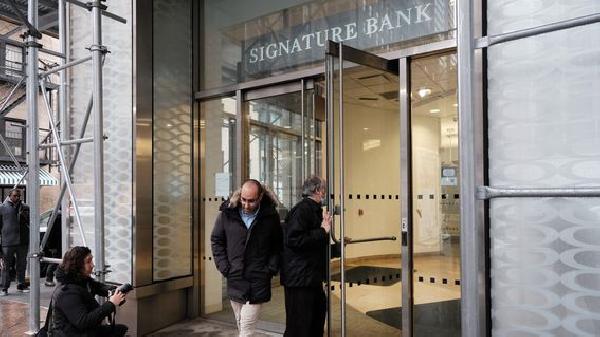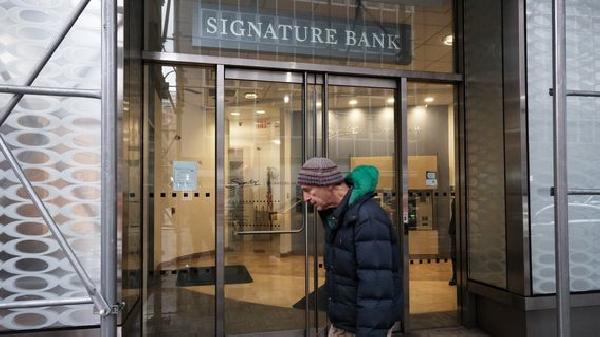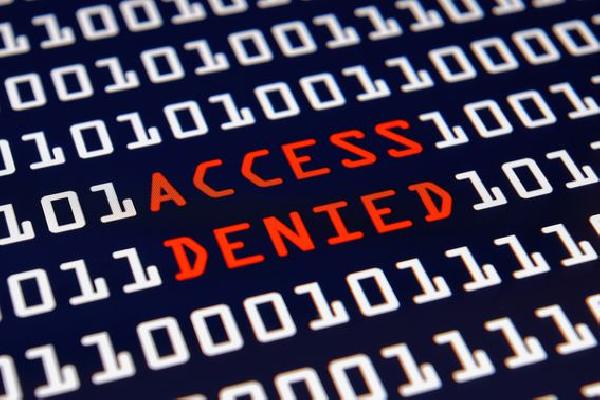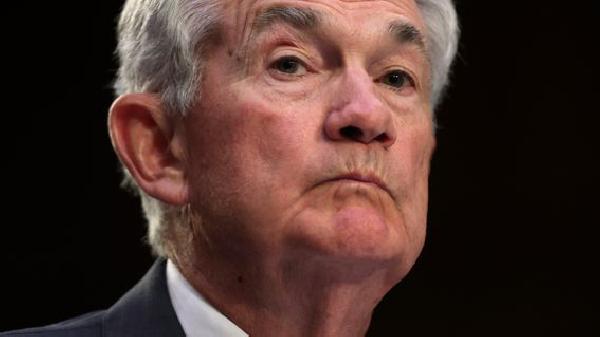
Firms are subject to the whims of the bank account providers and end up dedicating resources to opening bank accounts. (Unsplash)

Firms are subject to the whims of the bank account providers and end up dedicating resources to opening bank accounts. (Unsplash)


Banking enforcement targeting legal crypto businesses appears to violate the FDIC‘s mandate. It may also be amplifying financial contagion.

The Federal Deposit Insurance Corporation (FDIC) has reportedly asked banks interested in acquiring the shuttered New York institution to submit bids by Friday.

Switzerland, Lichtenstein and island jurisdictions are amid the benefactors of the trend.

The Federal Reserve’s vice chairman for supervision, Michael Barr, is digging into the bank failure, the U.S. central bank announced.

Following the closure of crypto-friendly bank Silvergate, the focus will be on actions by Signature Bank and crypto exchange Binance, the report said.

The central bank‘s chairman said the Fed is sticking to its warnings that banks should be “quite cautious” about getting involved in digital assets.

Call it Choke Point 2.0, debanking or whatever, the crypto industry’s problems with the banking industry show why the banking industry needs reform.

Banks in the European Union would have to treat crypto as the riskiest kind of asset and disclose exposures while awaiting more detailed rules.

Custodia Bank’s membership rejection by the Federal Reserve Board is more alarming for crypto banking than the recent troubles of Binance, Juno and Signature Bank combined.

The vote in the European Parliament‘s Economic and Monetary Affairs Committee is intended to anticipate international bank-capital norms.

A leaked proposal that faces a vote on Tuesday deems crypto assets to be the riskiest kind, in line with emerging international guidelines